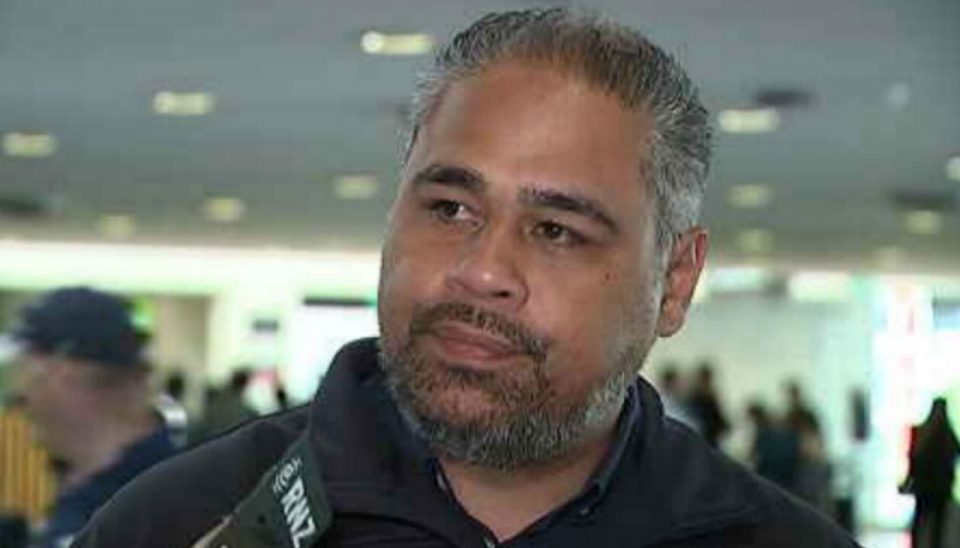The Government declared a state of national emergency last week, lasting seven days, and it can be extended as many times as the Government deems necessary.
It was declared by Henare and the Director of Civil Defence Emergency Management Sarah Stuart Black under the Civil Defence Emergency Act 2002.
Stuart-Black said at the time the declaration would allow her to direct and coordinate personnel, material and other resources, to ensure they can be made available during the crisis.
“It also provides access to powers that would not normally be available, but would be needed to support the delivery and timely response to COVID-19.”
Prime Minister Jacinda Ardern issued an epidemic notice last week week and it will remain for three months with ongoing review, enabling the use of a number of ‘special powers’ in legislation, to help tackle the coronavirus.
The powers under New Zealand’s emergency legislation did not require new Bills to be passed. The existence of several statutes that make up the country’s legislative framework were already in place, and were simply enacted.
The Health Act 1965, for example, allows the Government to require people to be isolated, quarantined or disinfected, force people to remain where they are, and requisition equipment, vehicles and buildings.
Each week, Stuart-Black will provide Henare with advice on whether the state of national emergency should be extended again.
This will include consideration of the current COVID-19 alert level, as alert level decisions and state of emergency decisions are complementary to each other, but one does not dictate the other.
“This global pandemic has called on every New Zealander to make sacrifices in their daily lives and we thank them for that,” Henare said.
The extended state of national emergency comes as more than 500 people have contracted the virus in New Zealand, with one woman in her 70s confimed as the country’s first COVID-19-related death.
The virus has so far infected more than 700,000 people around the world and killed more than 37,000, while more than 165,000 have recovered from it.


